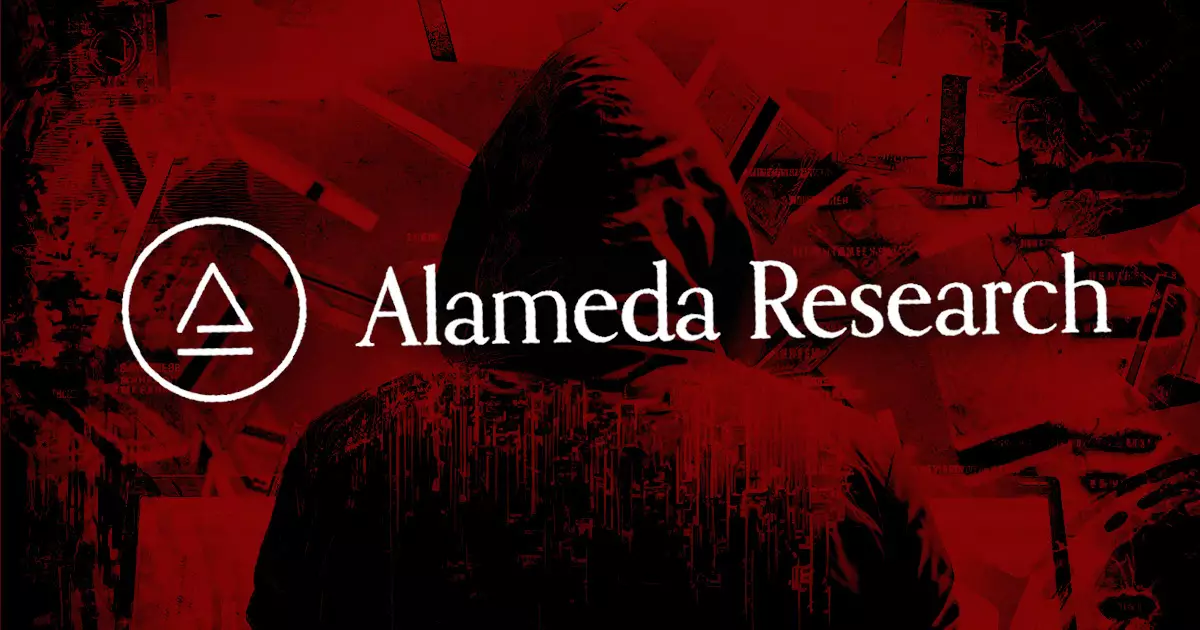Former engineer Aditya Baradwaj has shed light on the lax security practices that contributed to enormous losses, estimated at nearly $200 million, within the now-defunct Alameda Research company. These revelations unveil a troubling trend of prioritizing rapid expansion over crucial risk management protocols, which resulted in significant challenges for the firm.
Baradwaj’s disclosure highlights the company’s struggles with account reconciliation and trading safety measures. Alameda Research encountered three major security incidents before its collapse, indicating a lack of robust security practices. The first incident involved a phishing attack that inflicted damages exceeding $100 million. This incident was triggered when an Alameda trader unknowingly clicked on a malicious link during a trade. Subsequently, the company implemented additional security checks to enhance the safety of its internal wallet software.
The company’s woes continued with another setback, leading to a loss of over $40 million while participating in yield farming on a questionable blockchain. The creator of this blockchain held Alameda Research’s funds hostage for an extended period, further highlighting the company’s vulnerability. As a response, the firm pledged to exercise greater caution in selecting chains and protocols for future operations.
Perhaps the most alarming security breach disclosed by Baradwaj was the leaking of Alameda Research’s “blockchain private keys and exchange API keys” in plaintext. This incident resulted in losses exceeding $50 million as the attacker transferred the company’s funds to various exchanges and executed malicious orders that caused further financial harm. To mitigate the risk of such breaches recurring, the firm moved its private keys to a more secure storage system.
Despite experiencing substantial losses, Alameda Research continued with its operational approach and made minimal changes. This decision, as revealed by Baradwaj, indicates a concerning lack of response to the issues encountered. It raises questions about the company’s commitment to implementing strong security measures and safeguarding its assets.
These revelations come at a crucial juncture as the criminal trial of Sam Bankman-Fried (SBF), the founder of Alameda Research, unfolds. An unpublished post by SBF himself disclosed his intention to shut down the crypto trading firm prior to its collapse. This revelation provides insight into the troubled state of the company and raises suspicions about SBF’s actions.
Additionally, insiders, including Alameda Research CEO Caroline Ellison, have come forward to shed light on how SBF implemented systems that facilitated his alleged fraudulent acts. These insider accounts further underscore the need for robust security practices and transparency within crypto trading firms.
The security lapses at Alameda Research serve as a cautionary tale for the cryptocurrency industry as a whole. They emphasize the importance of prioritizing risk management over rapid expansion and implementing robust security measures to safeguard assets. Firms operating in the crypto space must diligently test their code, implement stringent authentication processes, and ensure the secure storage of private keys.
Regulators also have a role to play in enforcing adequate security standards and holding companies accountable for their actions. It is imperative that the crypto trading industry as a whole learns from the mistakes made by Alameda Research and takes proactive steps to foster a secure and trustworthy environment for all participants. Only then can the industry gain broader acceptance and realize its full potential.


Leave a Reply